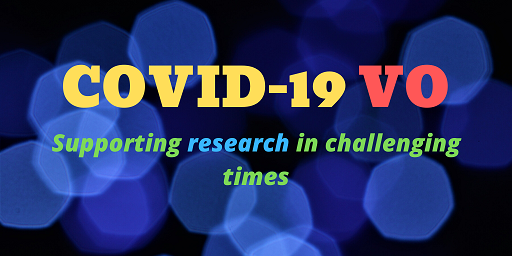| EOSC Synergy supports research related to COVID-19, through the deployment of a Cloud Computing Service based on Galaxy. Now, as a non-technical professional myself, I was very curious to learn more about what this entails. Therefore, I had a short Q&A session with Ignacio Blanquer, EOSC Synergy work package leader on ‘Thematic Services’. |
| Q: What is the COVID-19 VO? A: COVID-19 VO is a virtual organization to coordinate access permissions to a set of resources for running workloads related to the research on the SARS-CoV-2 outbreak. A Virtual Organization is basically a directory of users who will grant access to computing and storage resources that are supporting this VO. Computing and Storage resource providers can sum up resources by assigning a quota of their resources to this VO. |
| Q: What does Cloud Computing service based on Galaxy do to support researchers to access relevant datasets? A: the Galaxy portal is freely accessible and includes data on coronavirae and specially samples from SARS-CoV-2 (COVID19) daily updated from the public international databanks, as well as some key tools for identification of mutations, phylogenetic analysis, sample processing and visualization. The portal is an open lab for researchers that want to run their experiments without the burden of downloading data and installing tools, with easy tools for sharing data, workflows and results. The backend that supports the processing of the data is jointly provided by the EOSC Synergy collaboration. |
| Q: How are the relevant partners collaborating on this initiative? A: the VO is supported by the EOSC-Synergy project and backed by infrastructure from individual computing centres. The following computing centres are currently supporting the COVID 19 VO: – LIP, Lisbon, Portugal – IISAS, Bratislava, Slovakia – CSIC, Spain |
| Q: What will be a concrete outcome of the initiative? A: I would say that the outcome of the initiative is to provide a flexible platform for researchers that are contributing to the knowledge of this virus to compute their experiments. We should be clear that this is not the solution for the outbreak, but yet another brick to build up the wall of knowledge that researchers need to build. |
